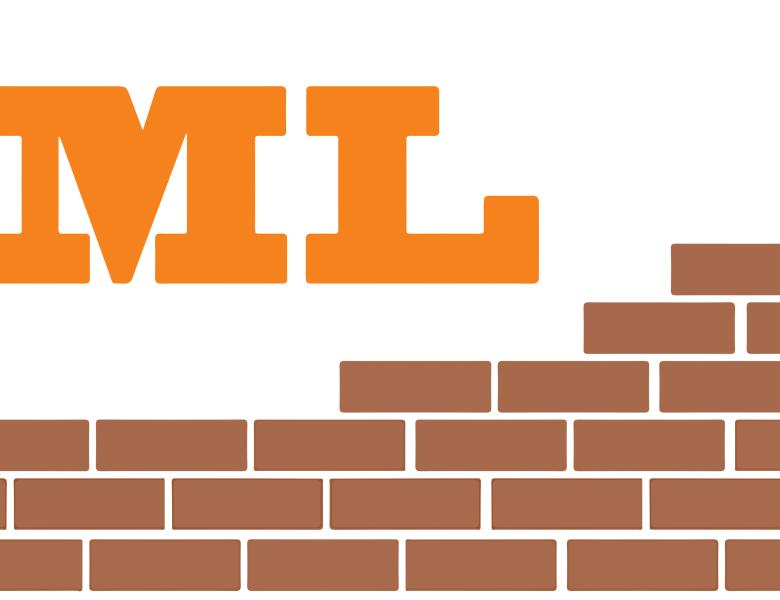
Abstract
Towards the goal of creating more usable and adaptive language interfaces, we consider two extremes of the solution space -- starting from scratch, and ``naturalizing" a programming language.
The former is inspired by Wittgenstein's language games: a human wishes to accomplish some task (e.g., achieving a certain configuration of blocks), but can only communicate with a computer, who performs the actual actions (e.g., removing all red blocks). The computer initially knows nothing about language and therefore must learn it from scratch through interaction, while the human adapts to the computer's capabilities. We created a game called SHRDLURN in a blocks world, and analyze how 100 people interacted with the game.
On the other extreme, we seed the system with a core programming language and allow users to ``naturalize'' the core language incrementally by defining alternative syntax and increasingly complex concepts in terms of compositions of simpler ones. In a voxel world, we show that a community of users can simultaneously teach one system a diverse language and use it to build 240 complex voxel structures. Over the course of three days, these builders went from using only the core language to using the full naturalized language in 74.7\% of the last 10K utterances.


